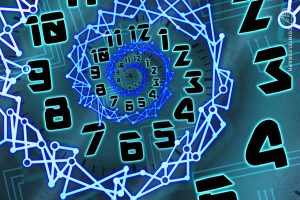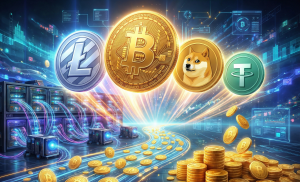Memes Now Rule Web3 Marketing
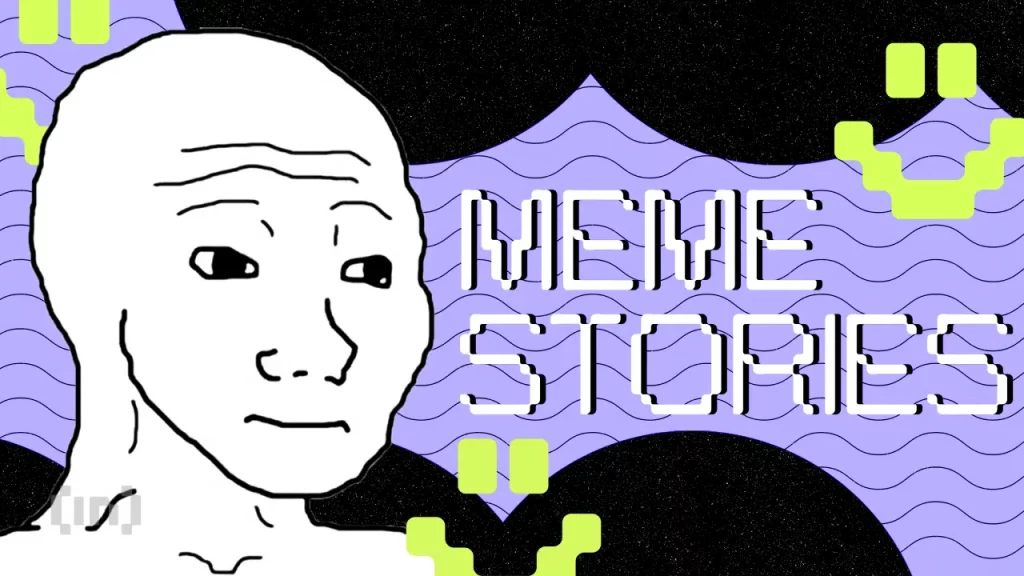
In today’s digital age, memes have gained immense popularity, becoming a central part of communication across social media platforms. A recent survey indicates that 55% of 13-35 year-olds exchange memes weekly, with 30% doing so daily. Thus, the relatability and shareability of memes make them an effective tool in Web3 marketing strategies.
This shift from traditional forms of communication to this more engaging and relatable form is a testament to their pervasive influence on modern culture. Indeed, once a niche Internet culture, memes are ubiquitous, permeating various sectors, including entertainment, politics, and, more pertinently, Web3 marketing.
The Transformation of Web3 Marketing Strategies by Memes
Traditional marketing approaches have undergone a sea change with the advent of memes. As a matter of fact, memes are a game-changer, presenting a novel way for brands to engage audiences.
The virality of memes stems from their relatability and appeal to humor. Indeed, they drive social sharing and foster a sense of community. For this reason, brands utilizing memes as part of their Web3 marketing strategies have witnessed an uptick in audience engagement and reach.
The unique bond between memes and the younger demographic – Gen Z and millennials – is a significant factor driving their popularity.
A recent survey highlights that this demographic views memes as a form of entertainment and a source of information and connection. These digital natives effortlessly decode the nuances embedded within memes. Hence, memes are an effective communication tool for Web3 marketers targeting this demographic.
In the era of Web3 – a decentralized, user-centric digital space – memes are emerging as a vibrant form of communication that perfectly aligns with this new paradigm.
In a recent podcast, Sergio Silva, known in the crypto community as Sergito, throws light on this transition. Memes are no longer just humorous illustrations but are central to forming engaged, active communities within the Web3 space.
The Unison of Memes and Web3: A New Digital Asset Class
The intertwining of memes and non-fungible tokens (NFTs) highlights the profound influence of memes in the Web3 domain.
As per Sergito’s discussion, memes have transformed into an esteemed digital asset class in the form of meme-based NFTs. The evolution of memes from humorous content to digital assets demonstrates their potential to drive conversations and foster communities in the NFT market.
Thus, they are becoming an essential part of Web3 marketing strategies.
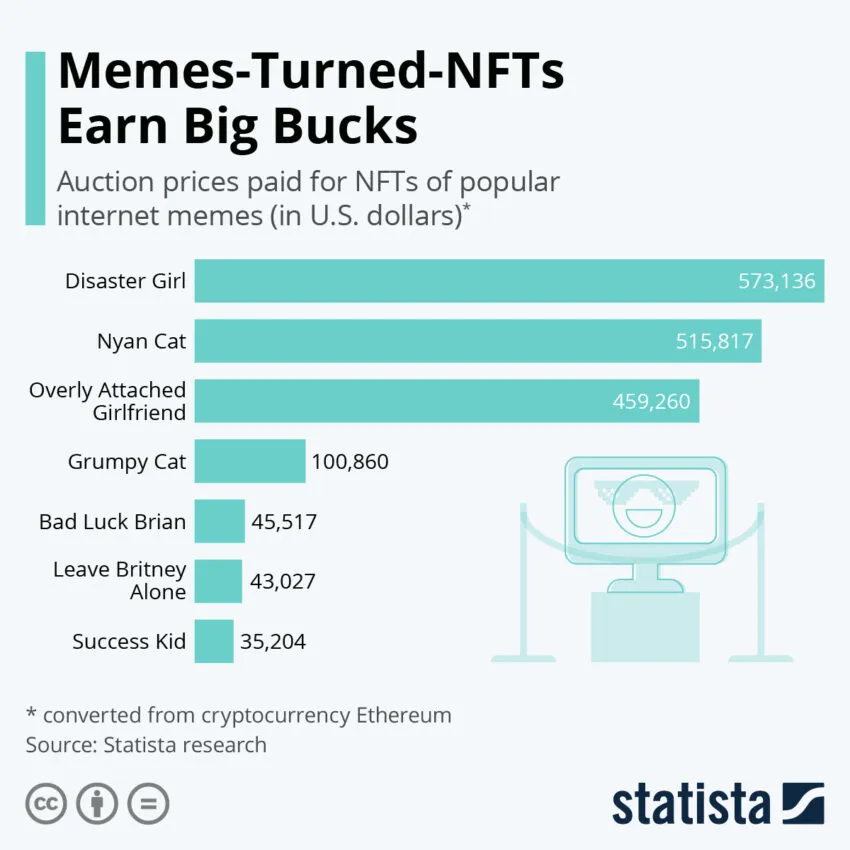
A prime example of the influential power of memes in the Web3 marketing space is the creation of Dogecoin. Originally a meme, Dogecoin quickly gained popularity and became a legitimate digital currency.
Dogecoin symbolizes the intersection of memes and cryptocurrency. Therefore, marking a significant milestone in memes’ journey from being sources of amusement to valuable digital assets.
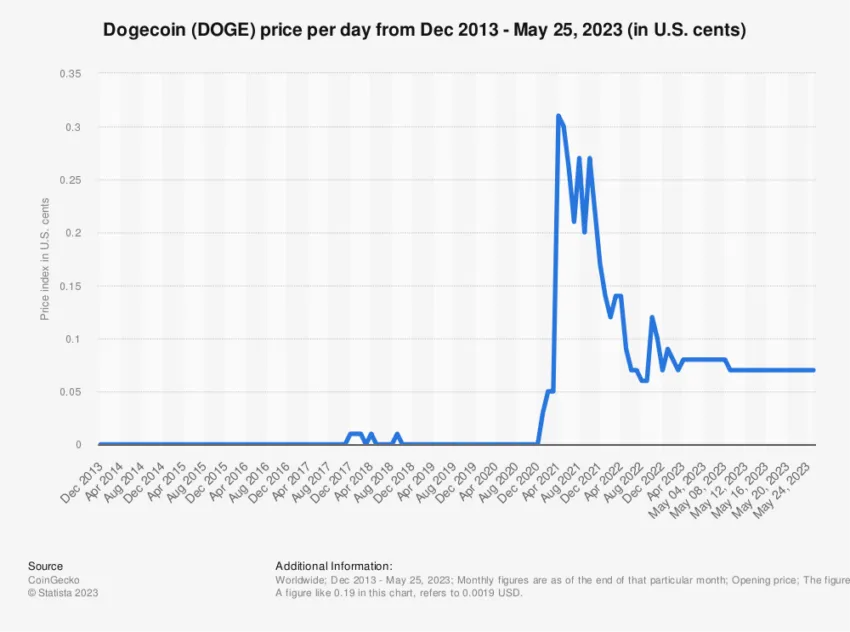
In the Web3 realm, memes have also found their place in Decentralized Autonomous Organizations (DAOs). These organizations, characterized by decentralized control and blockchain-based governance, rely on memes as a crucial component of their branding and community-building strategies.
For instance, the Moloch DAO, known for its striking memes, utilizes them as a conduit to drive engagement and foster a robust digital community.
Social media platforms in the Web3 era are also heavily influenced by meme culture. For example, platforms like Peepeth and Minds, built on blockchain technology, leverage the viral power of memes to attract and retain users, drive interactions, and promote their decentralized ideologies.
In this context, memes serve as a medium to facilitate the sharing of ideas and concepts. Consequently, making them an essential part of the marketing strategy for Web3 social platforms.
In the growing sector of Decentralized Finance (DeFi), memes have a significant role to play. With complex financial concepts and technologies at play, memes offer an accessible, engaging way to disseminate information and promote DeFi projects.
For instance, projects like SushiSwap and Yam Finance have effectively employed memes to promote their platforms and build a sense of community around them.
The Power of Memes in Web3 Era
As the digital world evolves, memes have demonstrated their resilience and adaptability even in crypto influencer marketing. Consequently, transitioning from humorous internet culture to essential marketing tools, they have carved a niche in the Web3 domain.
Whether it is their role in boosting brand engagement, building digital communities, or serving as digital assets in the NFT market, memes have become integral to Web3 marketing.
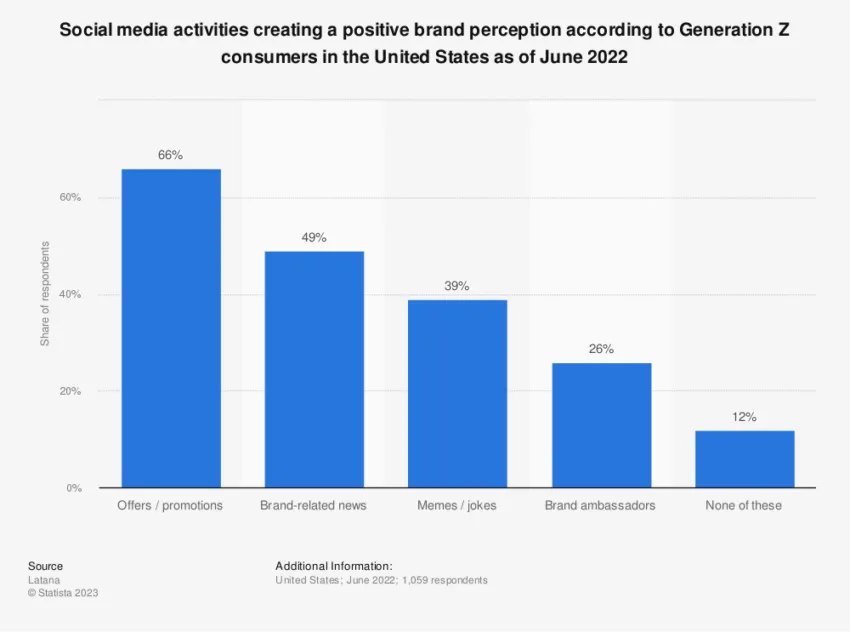
The power of memes in the Web3 era is undeniable. As one progresses into this decentralized digital era, one can expect to see an even greater influence of memes on Web3 marketing strategies.
Indeed, their impact will continue to evolve, shaping the dynamics of Web3 marketing and defining the future of digital communication.
Disclaimer
Following the Trust Project guidelines, this feature article presents opinions and perspectives from industry experts or individuals. BeInCrypto is dedicated to transparent reporting, but the views expressed in this article do not necessarily reflect those of BeInCrypto or its staff. Readers should verify information independently and consult with a professional before making decisions based on this content.




